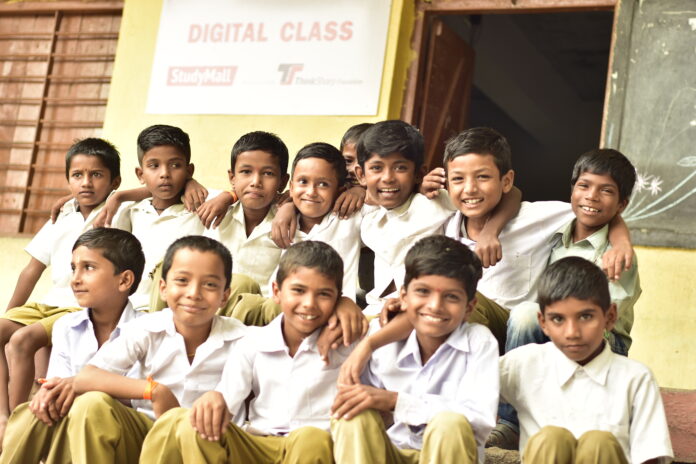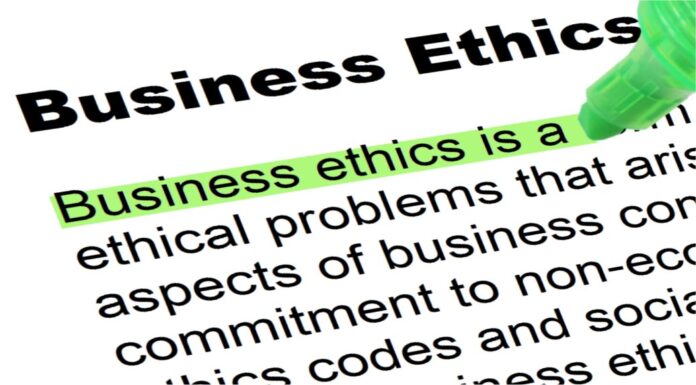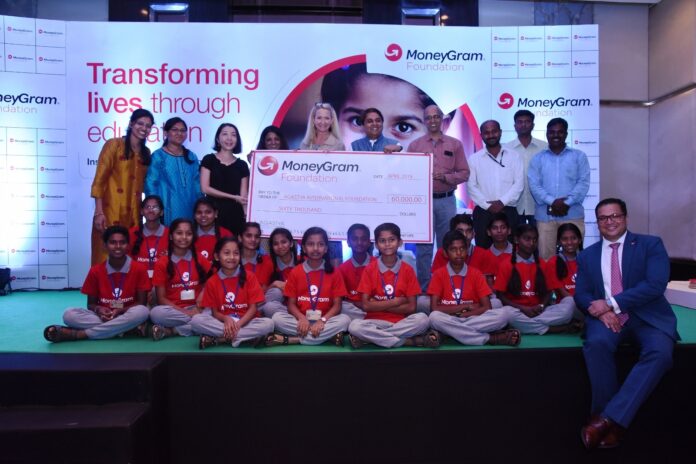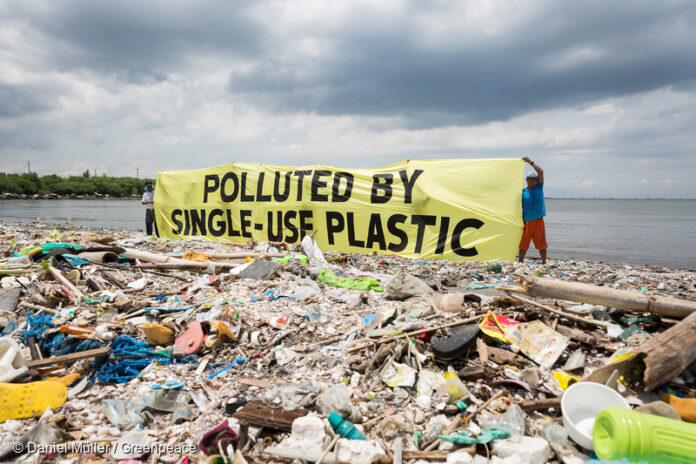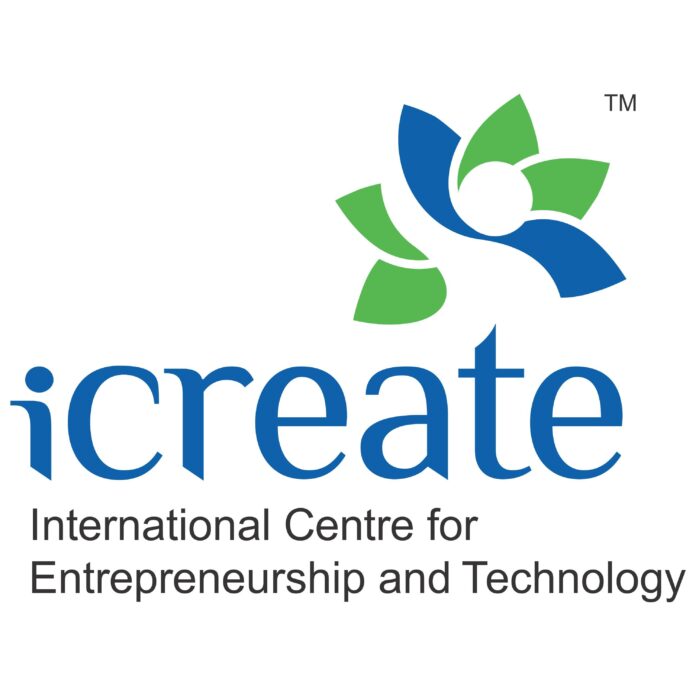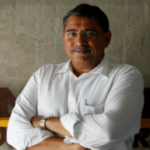There’s general agreement that Adani’s proposed Carmichael mine in the Galilee Basin will be a big issue in the current election campaign. If that were to be true anywhere, it would be in the seat of Herbert, based on Townsville, which hosts Adani’s regional headquarters.
Yet a recent Newspoll conducted in Herbert estimates the two-party preferred vote unchanged from the knife-edge result of 50-50 in 2016, which saw Labor’s Cathy O’Toole returned with a margin of 37 votes. What is happening here?
The answer is that, whatever happens on 18 May, the Carmichael mine is unlikely to go ahead, and most people know this.
The people of Townsville have seen announcement after announcement of the project’s imminent start, beginning as long ago as 2015. In June 2017, the regional headquarters was opened with a statement of “final approval” and a promise to start pre-construction works. It was even said that Gautam Adani would be there to cut the ribbon. Sadly, the event was put off because of forecast rain. The sun returned, but Mr Adani did not.
Most recently, in November, the “imminent” start of the project was announced, with $2bn of funding from the Adani Group. Heavy equipment and staff were sent to the site, and Adani CEO Lucas Dow announced they were ready to start work the moment the permits were emplaced. The prosaic reality amounted to one big yellow grader and a couple of dozen workers, periodically photographed clearing bits of scrub.
Despite his unwillingness to admit defeat, Mr Adani understands that the Carmichael project is hopelessly uneconomic. When the project was launched in 2010, the prospects for thermal coal looked rosy. But the “triple whammy” of disappearing demand in developed countries, import substitution in India and China, and competition from gas and renewables has changed all that.
The current price of thermal coal (about US$90/tonne for top quality Newcastle coal) is well below the level that would make Carmichael viable (over US$110/tonne), and it is only likely to decline in future. Adani is hanging on, in part to avoid recognising on its books the loss of the $3bn or so spent to acquire the mine and in part in the hope of extracting compensation from the Australian public.
Adani has been engaged in shadow play, but they are not alone. The leaders of the Labor party have made it increasingly clear that they would be overjoyed if the project quietly disappeared. But they have been equally clear that they are not eager to take the blame, or credit, for such an outcome. Hence the repeated insistence that “the project must stack up, economically and environmentally”, and their insistence that all legal processes will be followed, for as long as it takes (preferably a very long time indeed).
Until recently, the LNP had a clear position, backing coal as the solution to economic problems in Australia, and energy problems in the developing world, while ignoring the dangers of climate change. But since the Wentworth byelection, they have joined Labor in sitting on the fence, though with a slightly different posture.
The Nationals and the Tony Abbott faction of the Liberal party have continued, or even amplified, their rejection of both science and economics. But urban Liberals in marginal seats have changed their tune. A group of ‘“modern Liberals” has emerged, pushing for action on climate change. Amusingly, this group is led by Tim Wilson, formerly a leading climate denialist with the Institute of Public Affairs.
Almost the only ones taking Adani’s claims at face value are members of the environmental movement. Protests against Adani are continuing and gaining strength. But this is part of what is called, in basketball jargon, a “full court press”, which implies resistance across the board. Given the urgency of ending coal-fired electricity generation, environmentalists are attacking every stage of the production chain.
Financial institutions are being pressured to stop investing in, financing, or insuring coal miners, coal ports and coal-fired generators. In particular, they are being pushed away from new coalmines and new power stations. Most global institutions have already dumped coal. Until recently, regional banks in Asia have resisted the pressure. But in 2019, several major Japanese banks have shifted. Just last week, the two biggest banks in Singapore followed suit.
The last remaining source of large scale funding for coal on a global scale is China. At the Belt and Road summit held over the weekend, Chinese premier Xi Jinping stated that the Belt and Road program must be green and sustainable. It remains to be seen whether actions will match word, but Xi is clearly aware that his flagship initiative has the potential for disastrous failure if it continues on its present path.
Adani plays a crucial symbolic role in all this. If the Carmichael project went ahead, it would open up the entire Galilee Basin, with catastrophic consequences for the global climate. Conversely, a clear-cut victory over Adani would signal the end of new thermal coalmines in Australia and, before too long, globally.
Perhaps this will finally happen after the election. Assuming Labor wins, the rushed process of approval for Adani’s water plans will probably be re-examined, shifting the hypothetical date for the project even further into the future. At some point, the government may find it less politically painful to stop the mine altogether than to drag the tedious process out.
Meanwhile, Adani’s biggest rival in the Indian power industry, Tata Power,has just announced a strategic plan involving an end to new coal plants and a major shift to renewables. This might be the signal for Adani, which already has substantial investments in renewable energy, to come to terms with its past mistakes, abandon coal, and look clearly to the future.
The author John Quiggin is a professor of economics at the University of Queensland
Source: The Guardian

